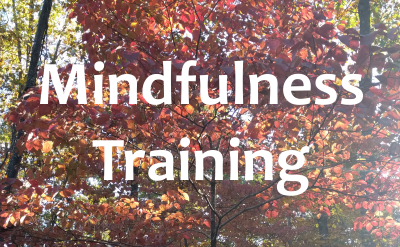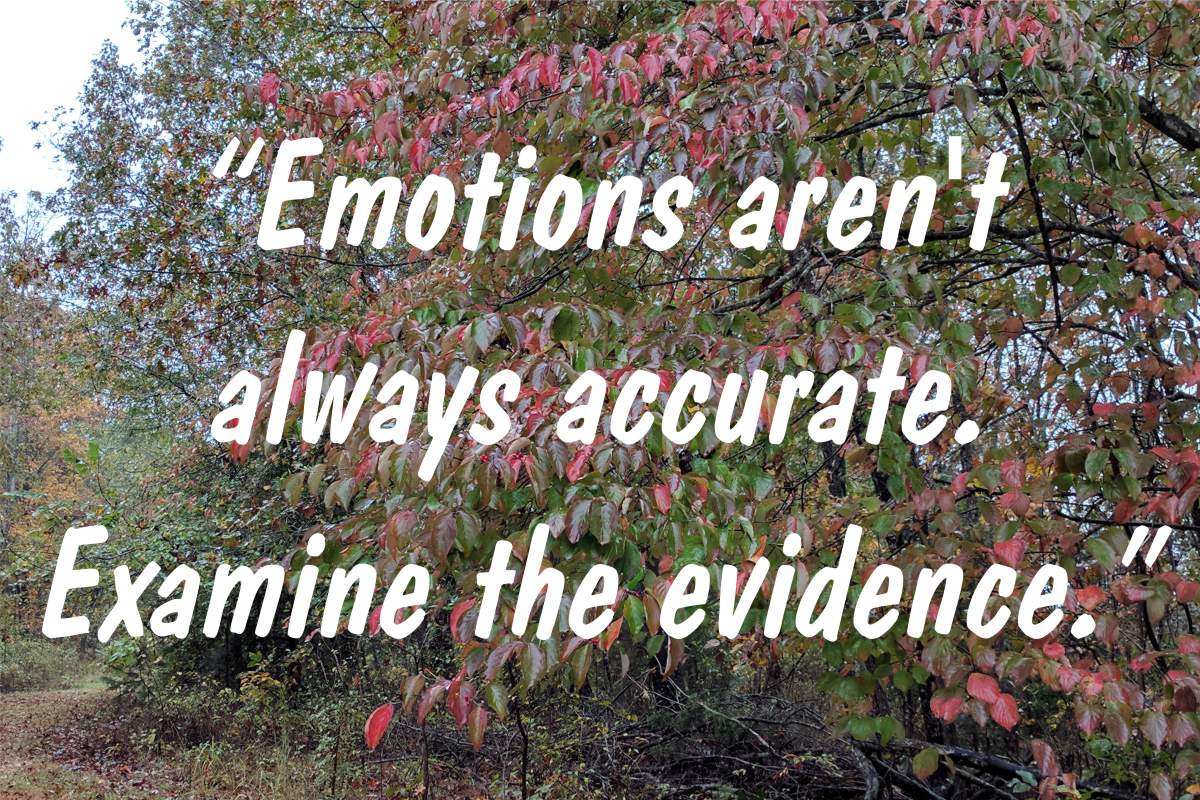
Excel At Life provides education to be an informed consumer of mental health services and contains cognitive-behavioral tools to use in collaboration with a health professional. This site provides a number of resources to help you learn about the cognitive-behavioral therapy (CBT) methods to assist with anxiety, depression, relationship issues and self-improvement.
Although many of the methods can be used from a self-help approach, for more serious problems it is best to have a professional evaluation to help develop a plan of approach.
CBT Tools for Healthy Living
CBT Tools for Healthy Living by Excel At Life teaches you how to use the cognitive-behavioral therapy (CBT) methods in a simple format. Learn the CBT methods shown by decades of psychological research to be effective for changing your emotions/moods and behavior that contribute to depression, anxiety and stress, as well as problems in relationships, career and physical health.
These CBT methods can be used as self-help for minor issues or can be used in collaboration with your therapist to develop a treatment plan best suited to your situation. The Daily Goals feature can be used to record your plan and completed activities.
-
CBT tools included in this app:
- Cognitive Diary
- Inspire Diary
- Healthy Activities Log
- Mood Log
- Daily Goals
- Tests
Understanding CBT Methods

-
Articles
- How do we Change Irrational Thinking?
- What to Expect from Mindfulness-based Cognitive-Behavioral Therapy (MCBT) When You Have Depression and Anxiety
- Understanding and Using the Cognitive Diary
- Analyzing Your Moods, Symptoms, and Events with Excel At Life's Mood Log
- The Worry Box Technique
- Why You Need to Write to Challenge Thinking
- Measuring Progress Creates Progress
- “Which Coping Strategy Should I Use?”
- This Is Your Brain On Change
- To Effectively Use the Cognitive Diary Limit Your Evaluation
- Stressed About Managing Stress?
- 50 Tools for Panic and Anxiety
- List of Stress Management Methods

-
Understanding Mindfulness
- Step 1--Basic Mindfulness Practice
- Step 2--The Mindful Experience of Discomfort
- Step 3--Mindfulness and Unpleasant Emotions
- Step 4--Mindfulness and Cognitive Restructuring
- Step 5--Mindfulness and Grief
- Mindfulness Practice Exercises
-
Guided Imagery Mindfulness
- Tropical Garden
- The Great Desert
- Cityscape
- Day On the Farm
- Lotus Flower
- Day of Fishing
Create a more mindful life...
Effectiveness of CBT

- Treating Social Anxiety Disorder: Comparing Mindfulness Training and Cognitive-Behavioral Therapy
- Mindfulness Practice and Relapse Prevention When Using Anti-depressants
- Mindfulness Training Shows Promise for Attention-Deficit Hyperactivity Disorder
- Treatment Resistant Depression isn't Resistant to Cognitive Therapy
- Did You Know Psychotherapy has Stronger Scientific Evidence than Many Common Medical Procedures?
- Binge Eating: CBT vs. Medication
- How Effective is CBT for Childreb with Anxiety Disorders?
- Mindful Attention Reduces Anger for Those With Borderline Personality Disorder
- CBT Reduces Anxiety During Breast Cancer Treatment
- CBT vs. Medication for Depression
- Effectiveness of Online Cognitive Behavioral Therapy
- Is Mindfulness-Based Therapy Effective?
- The Effectiveness of Cognitive-Behavioral Treatment for Anxiety Disorders

Often what a person sees in others is their own thoughts and feelings reflected back at them. If they are self-critical, they believe others are critical of them. If they are insecure, they believe others couldn't possibly like them or consider them competent. Read more...
Changing Irrational Beliefs

The Cognitive Styles Test can tell you which cognitive styles may be causing problems in your life. The following articles provide some guidance as to how to change the thinking.
-
Articles
- List of Irrational Beliefs
- Catastrophe? Or, Inconvenience?
- Danger: Negativity Ahead
- Use Your Head! And Your Heart!
- But It Happened Before!
- To Should? Or, Not To Should? Demand Thinking
- When the Need for Control Gets Out of Control
- Why Are People Mean? Don't Take It Personally!
- Read Books, Not Minds



Sleep problems are often best helped with MCBT. The relaxation, mindfulness, and cognitive methods can help improve sleep quality.
Cognitive Styles Test

The Cognitive Styles Test assesses the following styles of thinking to help you address thinking that can contribute to problems.
- Anxious Style
- Self-Esteem Style
- Perfectionistic Style
- Approval-Seeking Style
- Demand Style
- Withholding Style
- Control Style
- Dependency Style
- Externalizing Style
- Emotional Style
- Passivity Style
- Trust Style
- Blaming Style
Mobilizing Your Body's Resources: Healing from Illness or Injury

I refer to illness or injury as an assault on the body because that is how the body experiences it—as a threat to the system. Often I find that people suffering from illness or injury (or recovering from surgery) don't recognize that their body has been assaulted. As a result, they tend to downplay the impact the illness may have on their system and ignore their body's need for recovery.
However, the body recognizes that it has been assaulted. Which is why it mobilizes all its resources to fight back. Doing so takes energy which often results in secondary symptoms. These symptoms commonly include feelings of weakness, general feelings of discomfort, lack of energy, fatigue, difficulty concentrating, and depressed mood. Read more...

- Process-oriented vs. outcome-oriented
- Valuing self vs. valuing achievement
- Achievable goals vs. unreasonable demands
- Assessing mistakes vs. criticizing failure
- Internal satisfaction vs. external recognition
- Risking failure vs. avoiding failure
- Partners vs. adversaries
- Patience vs. demand
- Desire vs. fixed desire
- Enjoyment vs. dissatisfaction

Emotional reasoning is the cognitive style of believing an emotion is reality without evaluating the evidence.
























